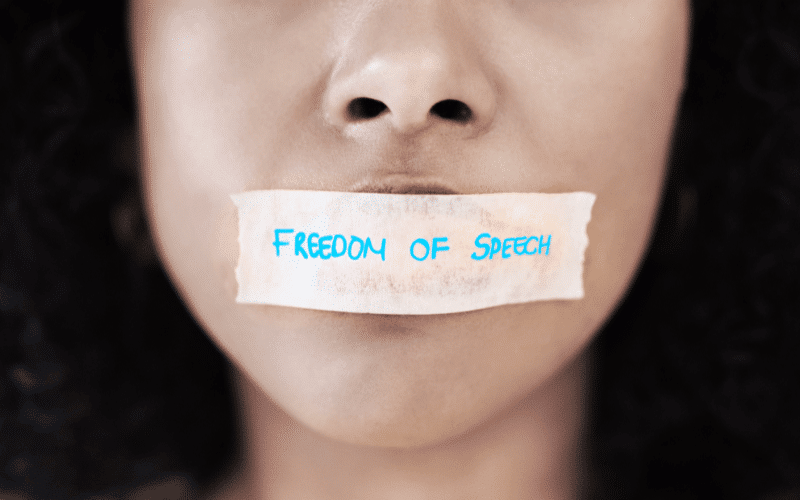2. Dysarthria – Speaking Through Struggles

In the realm of communication, the ability to speak clearly is paramount. However, for individuals with OPCA, this simple act can become a challenge due to a symptom known as dysarthria. Dysarthria in OPCA patients refers to the slurring of speech or the struggle to articulate words properly.
But what exactly causes dysarthria in OPCA? The answer lies in the way our brain communicates with our muscles. For us to speak, our brain needs to send signals to various muscles – those in our mouth, lips, tongue, and throat.
These signals instruct the muscles on how and when to move to produce different sounds. In OPCA, the parts of the brain responsible for sending these signals degenerate, causing these instructions to become less precise over time. The result is dysarthria.
When it comes to dysarthria, it’s not just about slurred or slowed speech. The tone, volume, and rhythm of speech can also be affected.
An individual’s speech might become monotonous, lacking the usual intonations. They might speak in a softer voice or have trouble maintaining a consistent volume. Their speech might also become slower, with frequent pauses between words or sentences.
One critical aspect to note about dysarthria in OPCA is its progressive nature. Like ataxia, dysarthria usually starts subtly and worsens over time.
An individual may initially have slight issues articulating certain sounds or words, but over time, their speech can become significantly slurred and slow. It’s also worth noting that dysarthria can have a profound impact on an individual’s life, affecting their ability to communicate, express themselves, and engage socially with others. (2)